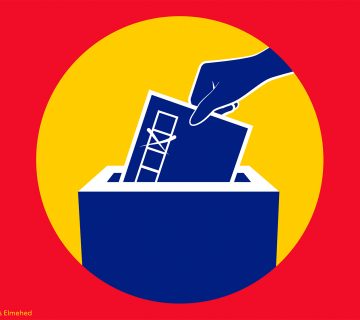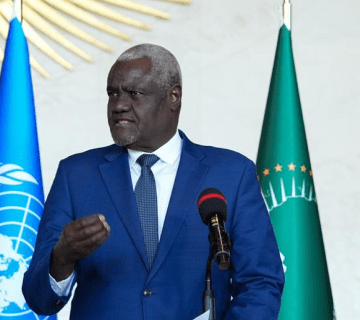The government of Uganda is clamping down on opposition forces of Bobi Wine and Kizza Besigye, who allegedly are discussing to join forces to oust current long-term president Museveni. The use of tear gas and rubber bullets is a long-running trend, and has become almost standard treatment of police towards critics. At the end of April 2019, Wine got arrested for escaping preventive house arrest. Two weeks later, a Ugandan court granted him bail. Wine, who has a huge support base, especially among Uganda’s youth, stated that Museveni has switched tactics to silence him. “All the music sound service providers, stage service providers, music promoters have been ordered not to work with me… the regime is trying to attack me from multiple fronts.” Reuters reported that security forces cancelled 124 of his concerts since he joined parliament in 2017
Lately, however, the opposition has taken another turn. Besigye called on his supporters to rise up like the protesters in Sudan rather than wait for the next election in 2021. Besigye has tried to defeat Museveni through the ballot box four times without result. In the 2001 and 2006 elections, the Supreme Court cited significant irregularities, but still uphold the results. In an interview with African Arguments, Wine agrees that a Sudan-style uprising is necessary, but he falls short of calling for it outright because of the different context. In Uganda, protest movement need to figure out how to bridge certain divides, between middle class and urban underclass, between urban and rural, between tribes, and between the north and the south. Additionally, Uganda still receives unrelenting support from western donors, something Sudan could not rely upon in its time of crisis.



